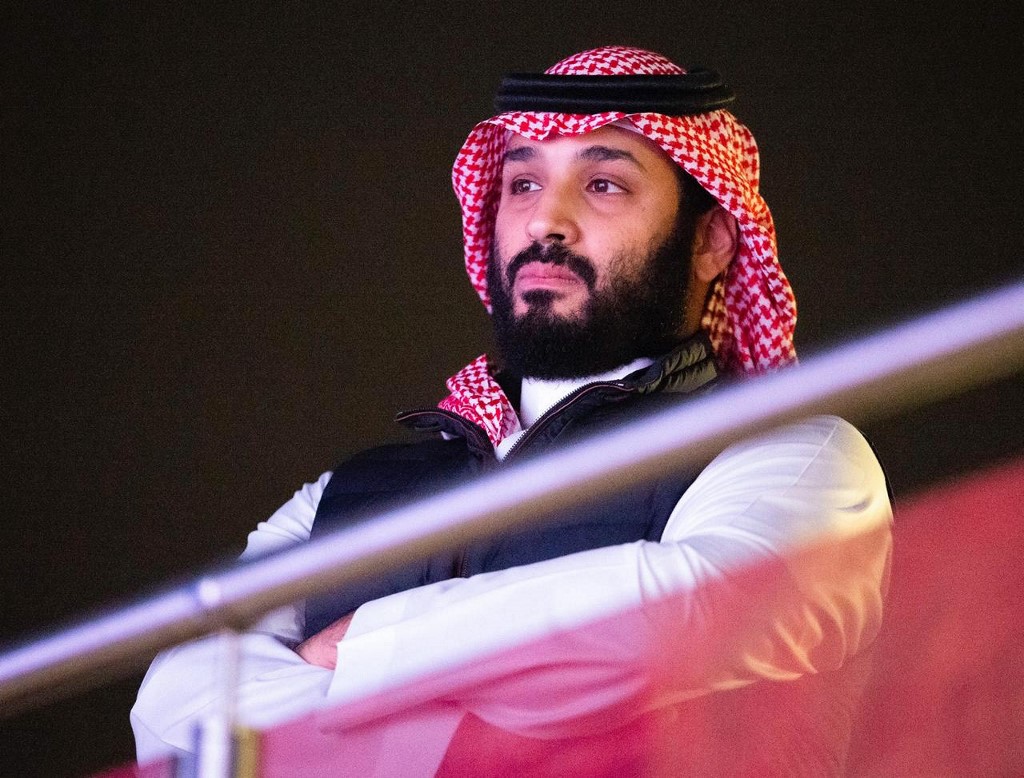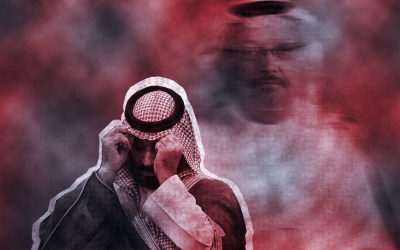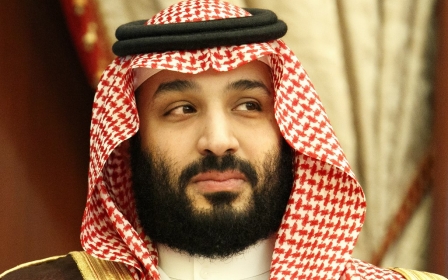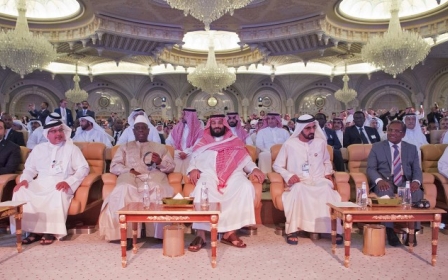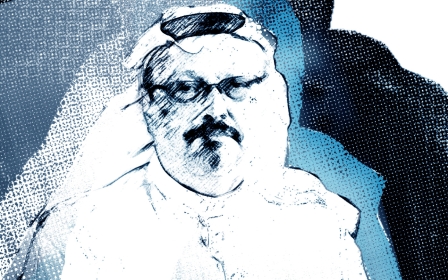Khashoggi trial was pure theatre
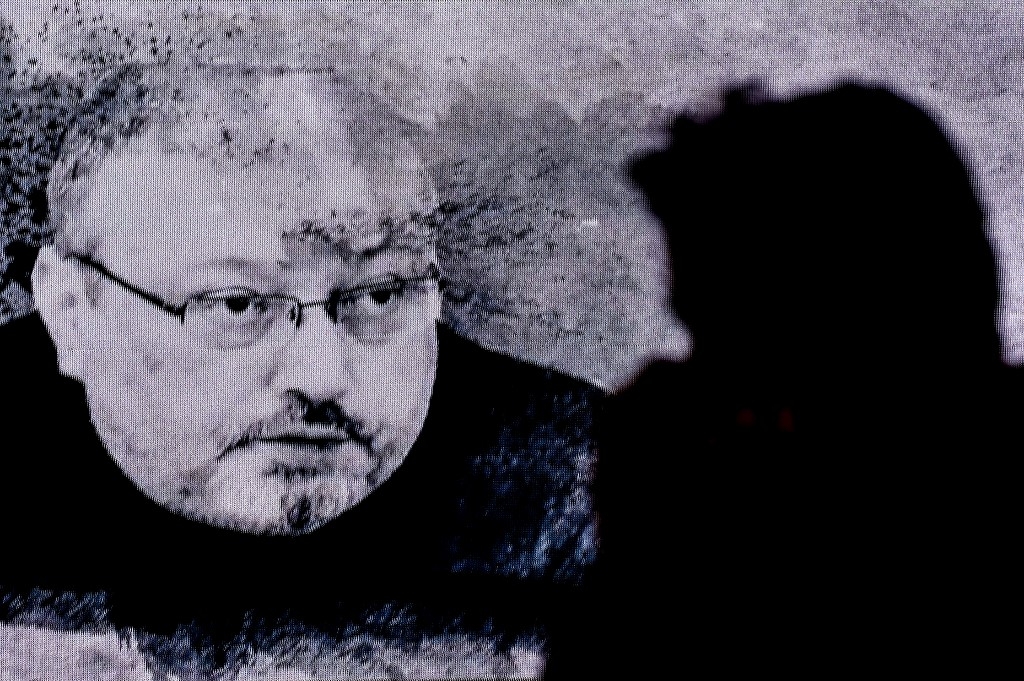
Five people have been sentenced to death, and three others jailed, over last year’s killing of journalist Jamal Khashoggi at the Saudi consulate in Istanbul.
The announcement on Monday comes after the US this month blacklisted Mohammed al-Otaibi - who was Saudi Arabia’s consul-general when Khashoggi was murdered - from entering the country. It also comes after US intelligence agencies were given a month to formally declare whether Saudi Crown Prince Mohammed bin Salman (MBS) was responsible for Khashoggi’s murder.
Saud al-Qahtani, a former advisor to MBS, has been released without charge, while Otaibi and Ahmed al-Assiri, a former deputy intelligence chief, have been released due to a lack of evidence, according to Saudi Arabia’s deputy public prosecutor.
Image management
As Saudi Arabia assumed the presidency of the G20 earlier this month, it might have wanted to make some progress in Khashoggi’s case, in an effort to reshape its global image. This is in line with what it has done on other issues, such as Riyadh’s reported communications with Iran and the Houthis, and its support for Kuwaiti mediation efforts in the Qatar dispute.
New MEE newsletter: Jerusalem Dispatch
Sign up to get the latest insights and analysis on Israel-Palestine, alongside Turkey Unpacked and other MEE newsletters
Yet, while the kingdom might have felt pressured to make some progress on the Khashoggi case - which has drawn the world’s attention to other Saudi controversies, including the Yemen war and the jailing of activists within the country - the trial cannot be seen as a fair one. None of the trial sessions were public, and Riyadh has failed to keep its narrative on the killing consistent from the beginning.
If the crown prince has nothing to fear, he should allow access into the kingdom, and truly cooperate so the truth comes out
“The whole process has been shrouded in secrecy, and it is hard to see who these five sentenced to death, or those sentenced to prison terms, could be,” Imad Harb, the director of research and analysis at the Arab Center Washington DC, told MEE.
“Letting those who were in charge of the whole operation go scot-free means that some rogue, rank-and-file operatives just decided to kill Khashoggi willy-nilly, and did not consult with their superiors; a far-fetched and improbable proposition in a kingdom built around the will of the ruler.”
Deceiving the people
The way the so-called trial of the assassination team has been carried out suggests that it is no more than a dramatic performance to deceive the people into believing that some sort of accountability has taken place. It also appears to weaken the link between the crown prince and the murder, which is perhaps why some officials close to MBS, such as Qahtani, were not charged.
But if they were not involved, who was? With a number of high-ranking Saudis still locked away, it is not credible that Saudi officials would be able travel to the consulate in Istanbul and commit such a murder without the knowledge of the kingdom’s de facto ruler - who, in addition to being the crown prince, is the deputy prime minister, chairman of the Council of Political and Security Affairs, minister of defence, and chairman of the Council for Economic and Development Affairs.
“It appears that the whitewash continues: of Mohammad bin Salman’s responsibility for ordering the assassination, as well as of those top officials who carried out the directive … They have been spared so that they don’t spill the beans. I think that pardons from King Salman are being prepared, but after awhile or until public memory forgets the case,” Harb added.
The CIA concluded last year that MBS ordered the murder, and the UN’s special rapporteur said in June that MBS should be investigated over the murder because of “credible evidence” that he and other senior officials were liable. The UN also called for the trial to be suspended, saying the secretive conditions did not meet international standards.
Independent probe needed
It is worth noting that in November 2018, the New York Times reported that after Khashoggi’s assassination, a member of the kill team instructed a superior over the phone to “tell your boss”, believed to be MBS, that the operatives had carried out their mission. In February, the newspaper also reported that MBS told a top aide in 2017 that he would use “a bullet” on Khashoggi if he did not return to the kingdom and end his criticism of the Saudi government.
This raises a significant question: how can one believe that the crown prince had nothing to do with the murder?
Khashoggi’s case deserves justice - and for that to happen, there should be an international, independent investigation into the murder. If the crown prince has nothing to fear, he should allow access into the kingdom, and truly cooperate so the truth comes out.
The views expressed in this article belong to the author and do not necessarily reflect the editorial policy of Middle East Eye.
Middle East Eye delivers independent and unrivalled coverage and analysis of the Middle East, North Africa and beyond. To learn more about republishing this content and the associated fees, please fill out this form. More about MEE can be found here.



